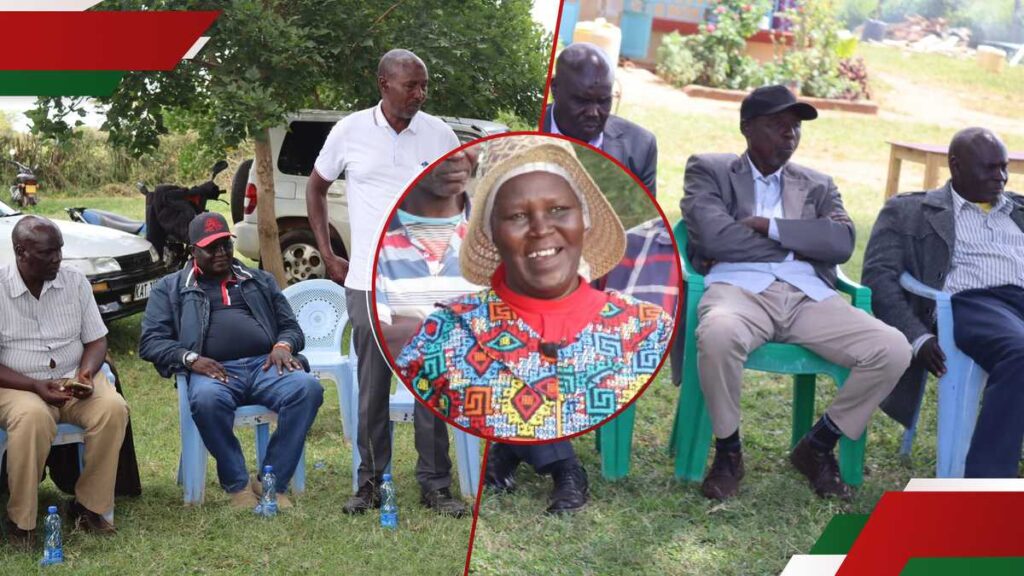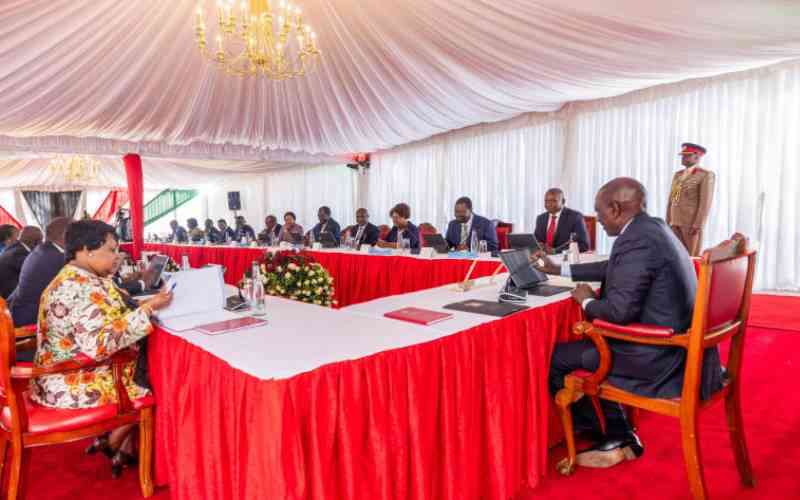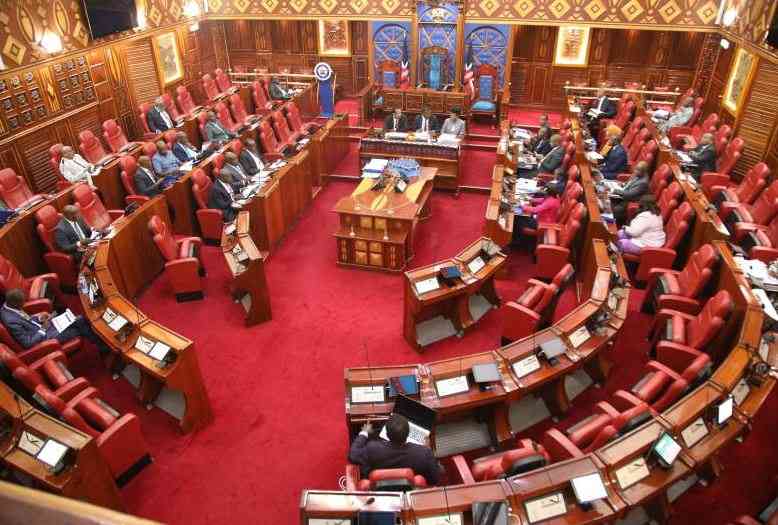The arrest of Rose Njeri on a Friday of a long weekend to keep her in unlawful custody marks an ominous return of the dark past, dating back to the 1990s. I have been a victim, so I know what I am talking about.
When Parliament published an official email address inviting public feedback on the Finance Bill 2025, it was performing its constitutional duty to promote citizen participation in legislation. It did not limit how many emails one could send. It did not specify the format, nor did it prohibit use of automated tools.
Most crucially, it did not suggest that only favourable views were welcome. So how did we arrive at a place where a citizen, Njeri, is now facing prosecution simply for responding to that very call for public input?
This is not a legal prosecution — it is a political persecution. It is a desperate and clumsy attempt to criminalise civic participation, suppress dissent, and intimidate Kenyans speaking out against the punitive proposals contained in the Finance Bill 2025.
Let’s strip this down to its bare facts. Njeri sent multiple emails to Parliament’s public feedback address. There is no allegation that she hacked into any system. No claim that she caused Parliament’s servers to crash. No assertion that she caused harm, financial or otherwise, to any person or institution. The prosecution does not accuse her of impersonating anyone, accessing restricted data, or violating any cybersecurity protocols. Her only “crime,” it appears, was to be too enthusiastic in exercising her constitutional right.
So again, we ask: which law did she break? The answer, in the face of the flimsy charge sheet presented to court quite clearly, is none. This case is an insult to the intelligence of Kenyans and a threat to the democratic gains we have fought so hard to achieve. It reveals the extent to which those in power are willing to go to protect their unpopular policies, from unleashing police brutality on peaceful protesters to now hauling active citizens before courts.
If you can be prosecuted for sending emails to your own representatives, then let us dispense with the charade and admit that we no longer live in a democracy. Let us also not miss the broader context.
The Finance Bill 2025 is widely opposed by Kenyans from all walks of life. It proposes to raise taxes on basic goods and services in a country already staggering under the weight of a high cost of living, joblessness and growing inequality.
Citizens are angry—and rightfully so. Yet instead of engaging the public in good faith, the government has responded with arrogance, hostility and repression. This is not 1990. We have a living Constitution.
Rather than listening to citizens, it is attempting to silence them through fear. Njeri’s case is not isolated. It is a test balloon—to see how far they can go in punishing those who dare speak truth to power. If they succeed, we can be sure that more activists, more students, more workers, more journalists will be next. We must not allow that.
At its core, this is about whether public participation is real or just performative. You cannot invite views, then punish people for submitting them. You cannot claim to be a democratic government, then prosecute your citizens for doing exactly what the Constitution demands of them.
We must also ask, where is Parliament in all this? It invited the emails. Why has it not come out to defend the very process it initiated? Why are MPs silent as citizens are dragged through the courts for engaging with them?
The Judiciary has a duty here. Courts must not allow themselves to be instruments of political harassment. They must protect the Constitution and the rights of the people. Frivolous prosecutions like this one should be dismissed with the contempt they deserve.
Kenyans are not the enemy. They are not criminals for caring about tax policy. They are not saboteurs for challenging economic injustice. They are sovereign citizens. They are the republic. And if Njeri is guilty of anything, it is of believing that her voice matters in shaping the laws that govern her.
Stay informed. Subscribe to our newsletter
We must stand with Njeri, because what is at stake is far bigger than one court case. It is about the soul of our democracy. It is about whether our Constitution is worth the paper it is written on. It is about whether the people still have the power.

























